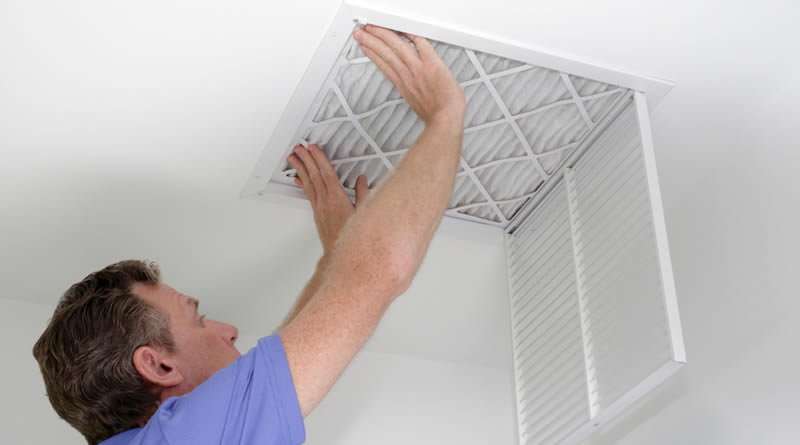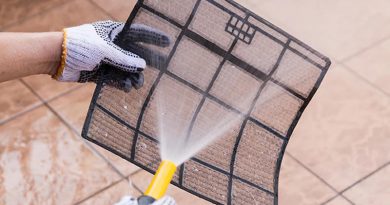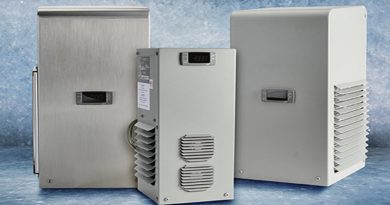Measures to Improve Indoor Air Quality
Creating a healthy and pleasant indoor environment is essential for our well-being and comfort. The quality of the air we breathe indoors directly impacts our health, productivity, and overall quality of life. Fortunately, there are several measures that can be taken to improve indoor air quality and ensure a fresh and clean atmosphere. In this article, we will explore various steps and precautions that can be implemented to enhance indoor air quality.
Proper Ventilation
One of the fundamental measures to improve indoor air quality is ensuring proper ventilation. Ventilation allows for the exchange of stale indoor air with fresh outdoor air, reducing the concentration of pollutants and maintaining a balanced environment. Opening windows and doors whenever possible, using exhaust fans in kitchens and bathrooms, and regularly servicing and maintaining ventilation systems are effective ways to enhance air circulation and promote better air quality.
Regular Cleaning and Dusting
Dust and allergens can accumulate over time and contribute to poor indoor air quality. Regular cleaning and dusting of surfaces, furniture, and flooring help remove these particles and prevent them from becoming airborne. Using microfiber cloths or vacuum cleaners with HEPA filters can efficiently trap dust and allergens, minimizing their presence in the indoor environment.
Control Moisture and Prevent Mold
Excessive moisture and mold growth can significantly impact indoor air quality and pose health risks. Controlling moisture levels by addressing leaks, using dehumidifiers in damp areas, and ensuring proper ventilation in bathrooms and kitchens can help prevent the growth of mold and mildew. Promptly addressing water damage and consistently monitoring humidity levels are crucial steps in maintaining good air quality.
Eliminate or Minimize Chemical Pollutants
Chemical pollutants found in cleaning products, paints, solvents, and certain household items can negatively affect indoor air quality. Choosing natural or eco-friendly alternatives, minimizing the use of chemical-based products, and properly ventilating areas where chemicals are used can help reduce the release of harmful pollutants. Additionally, storing chemicals securely and following manufacturers’ instructions for proper usage and disposal contribute to improved air quality.
Ensure Adequate Ventilation in Confined Spaces
In areas with limited ventilation, such as basements, attics, or garages, it is important to ensure proper airflow. Installing exhaust fans, keeping windows or doors open when feasible, and conducting regular inspections for any signs of inadequate ventilation are essential in maintaining healthy indoor air quality.
Use Air Purifiers or Filters
Air purifiers or filters can help remove airborne particles and pollutants, enhancing indoor air quality. High-efficiency particulate air (HEPA) filters are particularly effective in capturing fine particles, allergens, and other pollutants. Placing air purifiers strategically in rooms or using central air purification systems can significantly improve the air quality within indoor spaces.
By implementing these measures, individuals can take significant steps towards improving indoor air quality and creating a healthier living or working environment. Each of these precautions contributes to the overall well-being of individuals by reducing the presence of pollutants and allergens in the air we breathe.




